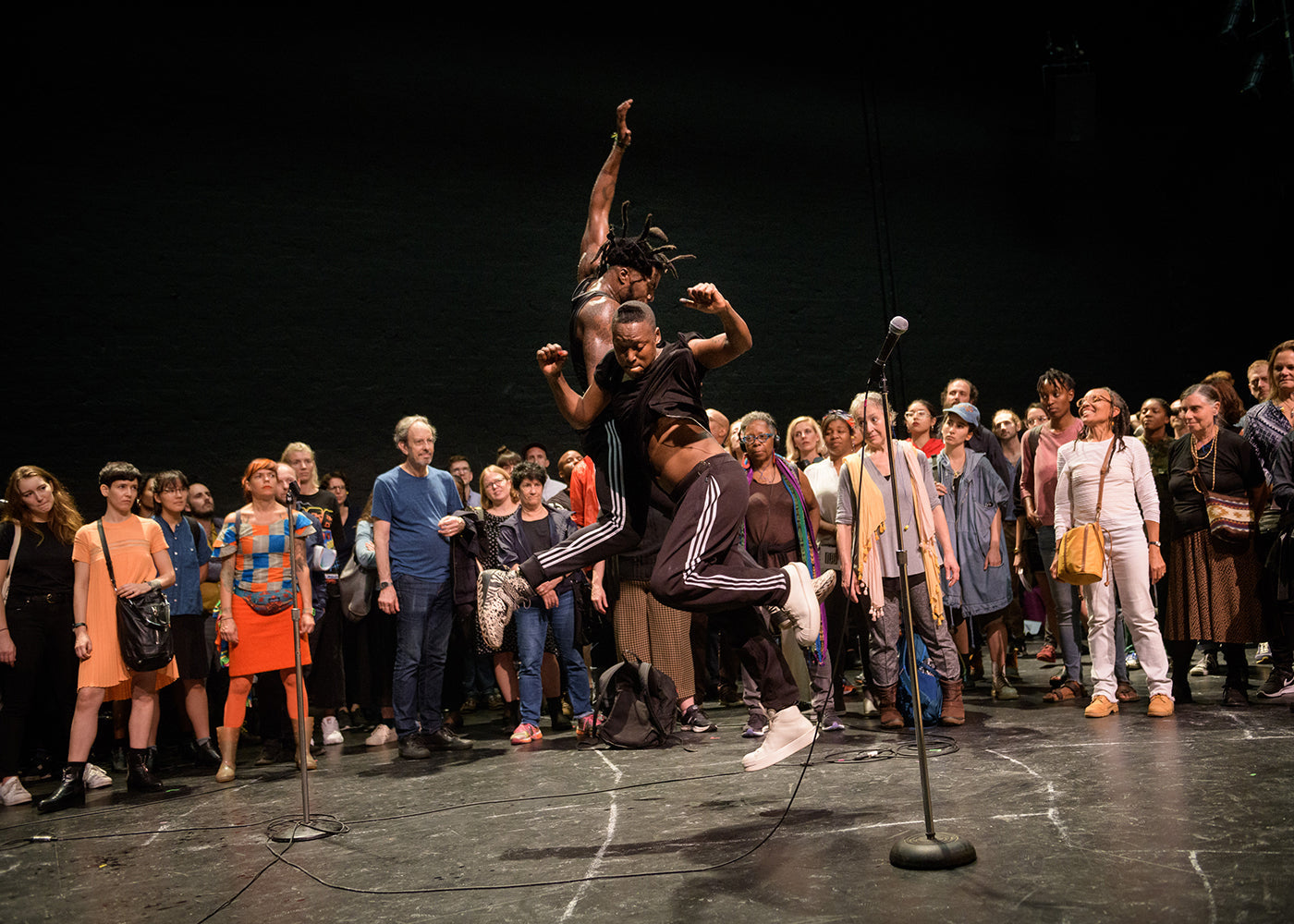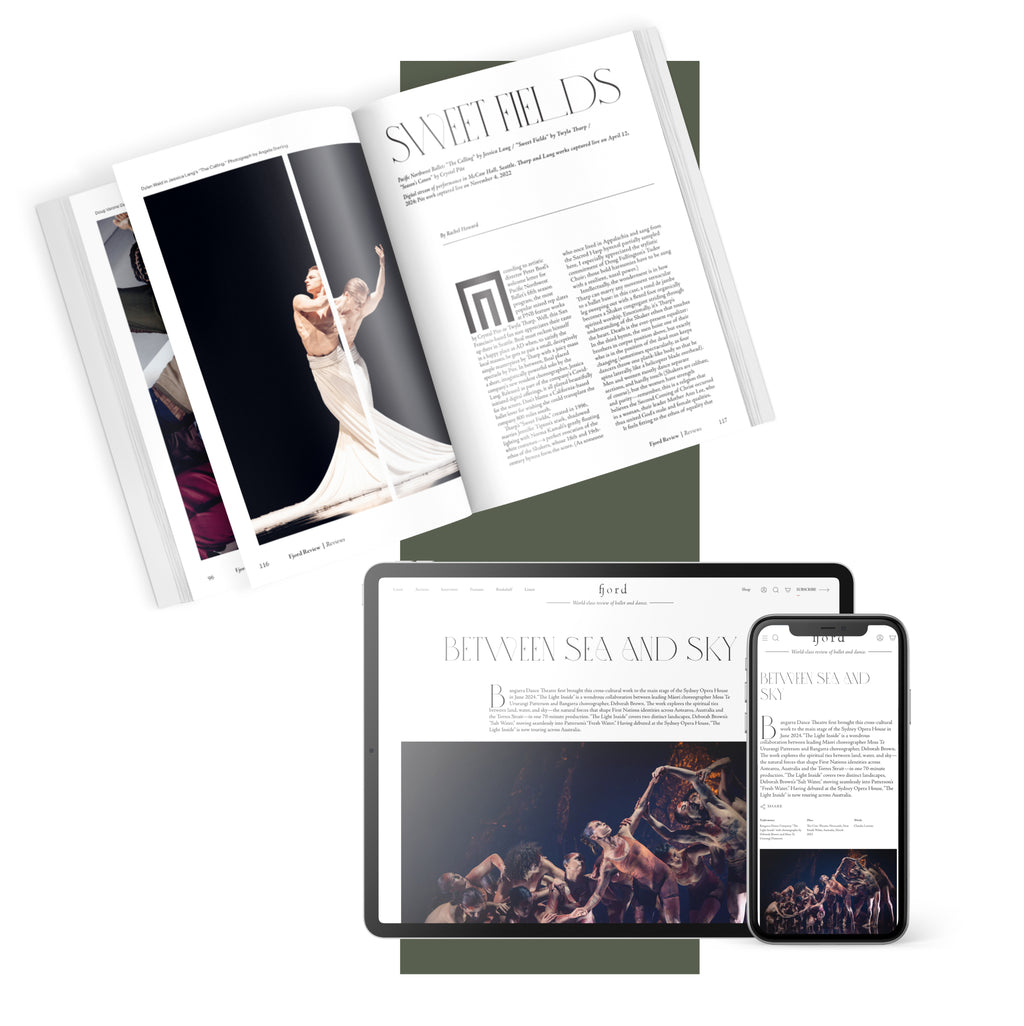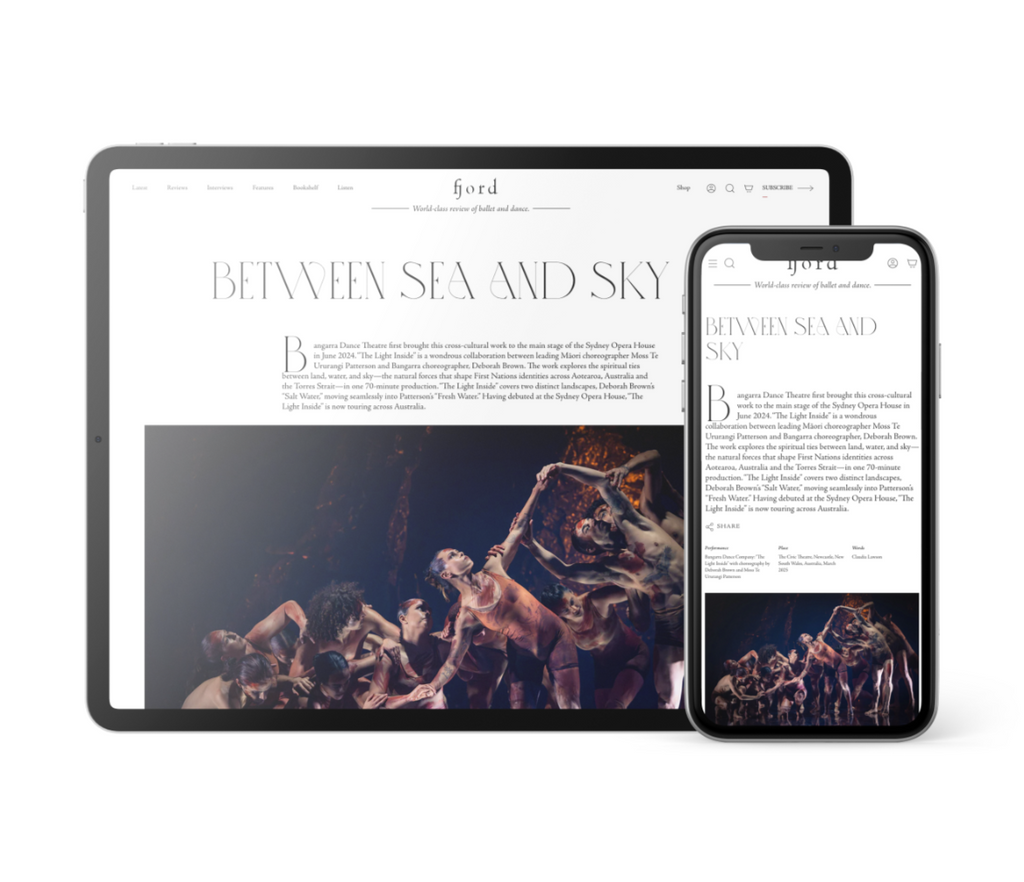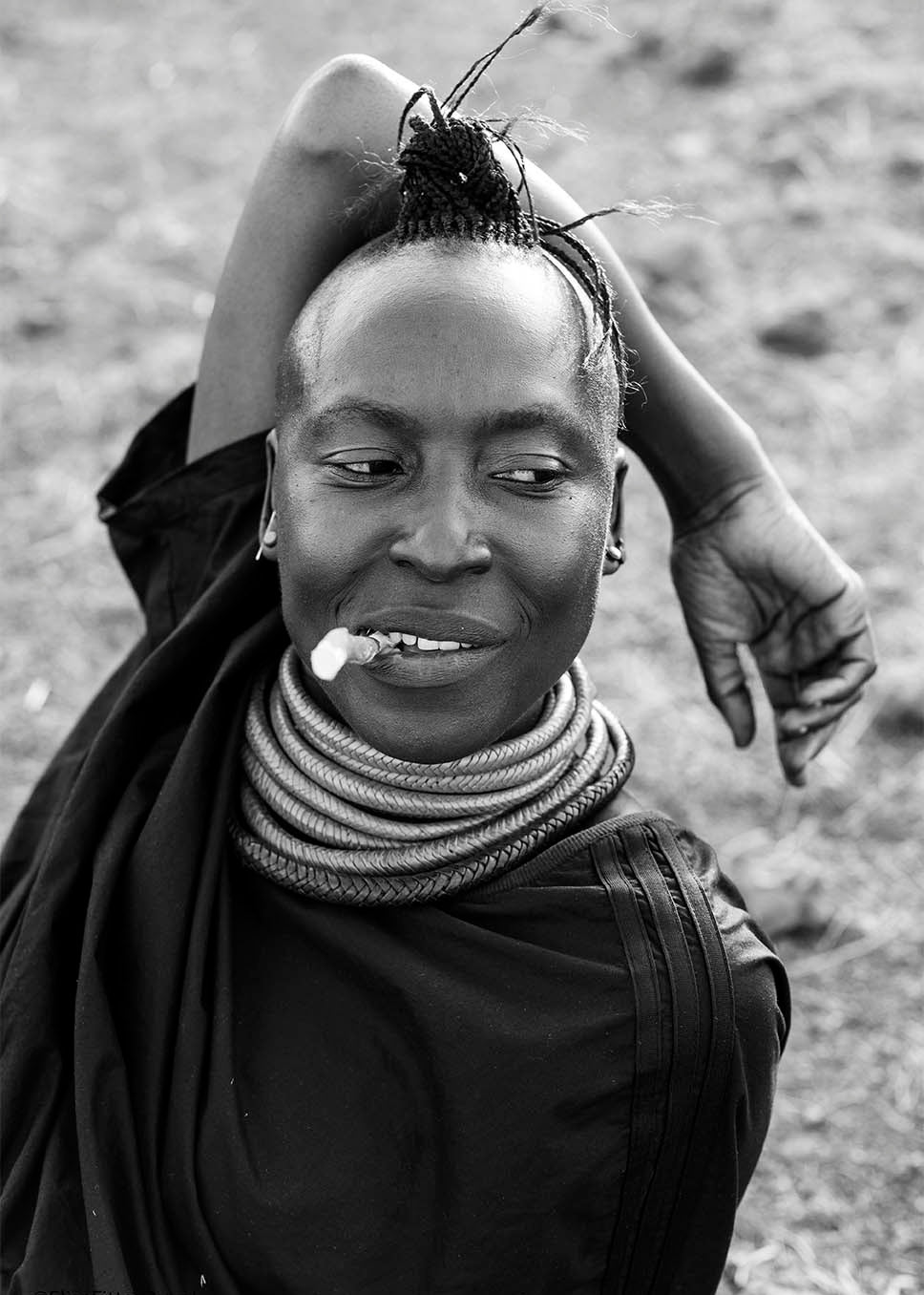Let’s talk about “Dambudzo,” a word that translates as ‘trouble,’ and is an immersive work reckoning with Zimbabwe’s colonial legacies and resistance movements.
I don't know what the good English word is—there is no proper direct translation. The approximate is something between a problem and trouble, or a kind of hovering.
You describe it as an anti- genre work. What was its genesis?
Genesis? My whole life is anti-genre. It’s not just about “Dambudzo.” The genesis of everything I do is trying to tell that story of living through a revolution. I think at 60 years old, all people born after 1980, are all born free in Africa. I am born unfree.
That’s always what drives me, to remind us all not to forget, that not all of us are born into this so-called free, whatever that means. I would say it all joins together as a big prism, whether it’s [the opera] “Nehanda,” whether it’s my father, or whether it’s “Dambudzo,” to kind of try and flesh out the story of having grown up in this time frame that no one seems to want to remember.
The work corresponds, as well, with the Zimbabwean writer, Dambudzo Marechera.
For me, a part of the reminding us not to forget, is to also conjure up and bring into the body, the ideas and expressions of people like Dambudzo, who was really a young person when he died [at 35 in 1987]. His effort to grapple with aesthetics, [with] poetry, but also with the English language, is what really thrills me.
You also invoke the Zimbabwean shabini in the piece.
A shabini is a kind of an illicit, illegal kind of home. I mean the homestead would not be illegal, but the activities in the homestead would be kind of shady—a house turned into a beer hall, club, music rehearsal room, and also a lodging. People do live there. I have this desire to elevate shabinis in African locations as sort of a university of the people.
You’ve talked about “Dambudzo” being a ‘name, a desire, a lament, an inspiration,’ even a ‘loathing.’ How do these concepts come through in the choreography and staging?
I feel like I’ve moved away from language such as choreography and staging. I’m very invested in live work, in ‘livingness,’ so we are actually in this space both in our imagination and with my fellow performers. When the public is coming into our ‘house,’ we offer you beer, and the rooms are changing, often from being a living room to a football field.
In America, there’s this whole porch mentality, porch culture. But in Zimbabwe, you take your stool and follow the sun all around the house, and there's also that feeling of sitting around just watching things go by. Internally, we know we’re following the sun, and what’s kind of happening on the street, because also the locations of these houses are high-density areas only for Africans. You can kind of see what the neighbors are cooking, who’s got new shoes today. That kind of density is being embodied, enlivened, and brought to life in “Dambudzo,” for however long it takes us to make that happen.












comments